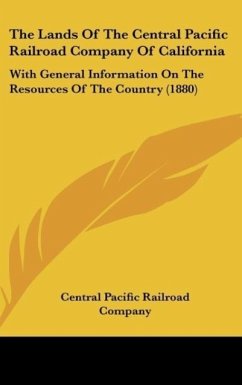In "Notes on Railroad Accidents," Charles Francis Adams meticulously examines the complex interplay between technological advancement and societal impact during the burgeoning age of American railroads in the 19th century. This scholarly work delves into the causes, consequences, and legal ramifications of railroad accidents, employing a pragmatic literary style that synthesizes statistical analysis with narrative accounts of personal tragedies. Through a blend of empirical evidence and poignant anecdotal observations, Adams contextualizes the railway's revolutionary influence on American life while simultaneously critiquing the era's safety standards and regulatory frameworks. A member of a prominent family steeped in public service, Adams drew upon both personal and familial experiences to illuminate the broader implications of industrial progress. His insights were shaped by a rich inheritance of civic responsibility and an acute awareness of the moral obligations stemming from technological innovation. Adams's engagement with the societal upheaval wrought by the railroad revolution reflects his commitment to understanding and improving the frameworks governing such transformative changes. "Notes on Railroad Accidents" is not merely a historical account but a vital discourse relevant to contemporary debates on industrial safety and regulation. Scholars, historians, and general readers alike will find Adams's work to be an invaluable resource that not only documents a pivotal era but also invites reflection on the enduring complexities surrounding technological transformation.
Bitte wählen Sie Ihr Anliegen aus.
Rechnungen
Retourenschein anfordern
Bestellstatus
Storno








